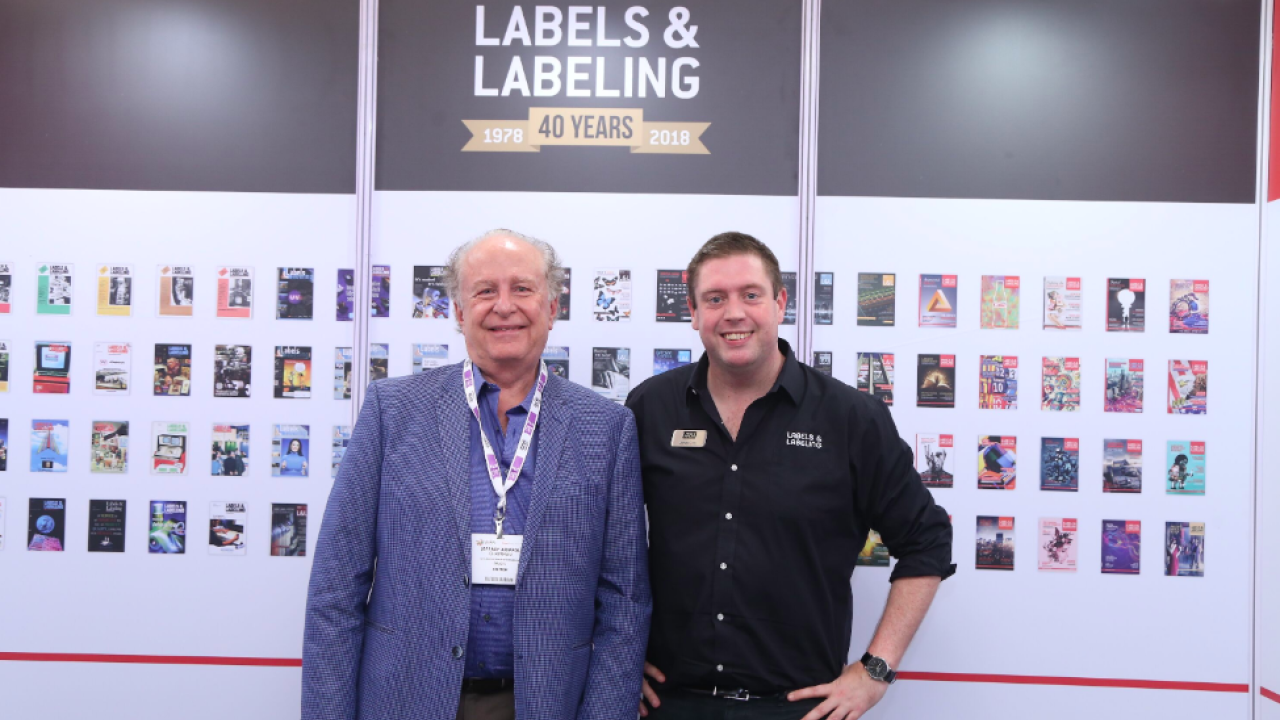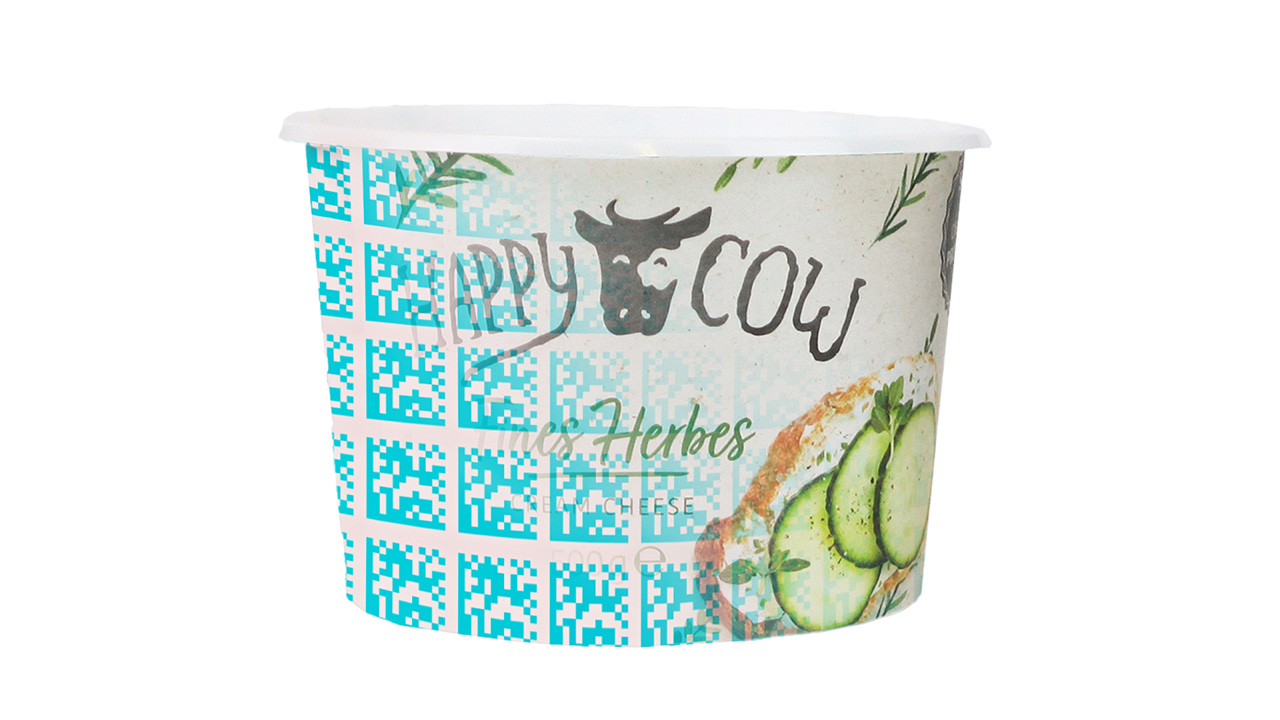Industry figures: Jeffrey Arippol

To have worked in the Brazilian label industry for five decades is to have seen every example of these fluctuations. When Jeffrey Arippol joined Novelprint, then owned by his father and uncle, in 1967, taking a one-third stake in the business, Brazil was in the early years of a military dictatorship which would last until the mid-1980s. More recently, the country – indeed, the wider region – prospered thanks to the surge in raw materials exports in the late 2000s, driven by China’s rapidly expanding economy and adding millions to the growing middle class. Then came Brazil’s worst recession on record, including a 3.6 percent retraction of the economy in 2016, which has now given way to green shoots of recovery and tentative growth.
With import restrictions imposed in the 1970s, Novelprint – which had successfully transitioned from printing cloth labels at its foundation in 1958 to entering the burgeoning pressure-sensitive label market – had to adapt, with the high-quality materials and equipment it had been importing from the US and Europe suddenly no longer available. Thus, under Arippol’s stewardship, began the company’s rich history of innovation.
In 1972, the company became the first in Latin America to produce rotary dies. In 1975, it began manufacturing label applicators. A year later, it was the first in Brazil to formulate and laminate self-adhesive materials, and in 1982 Novelprint was the first company in the world to produce labels with BOPP liner. ‘The import substitution policy which was prevalent in Brazil and most other Latin America countries a few decades ago has progressively been abandoned to a more liberal model,’ says Arippol. ‘However, converters must still closely follow the constantly changing import taxes.’
Countless other innovations, too many to list here, have followed: development of UV letterpress and UV flexo inks, self-adhesive heat shrinkable film, booklet labels, linerless label technology, BOPP liner recycling, ultra-thin materials, adhesives embedded with nanotechnology. The list goes on, bringing patents galore – 95 in Brazil alone – and a host of industry accolades from Finat, TLMI, Label Industry Global Awards, ABIEA and ABRE.
Arippol cites the BOPP liner development his proudest achievement. Alongside these, ultra-thin labels – with a 12-micron liner, down from 23 – produced last year for Heineken in Brazil, and a new print and apply system for linerless labels.
Enthusiasm
After 51 years in the industry, Arippol’s enthusiasm for his work is undiminished. ‘Passion for innovation in our business has only increased,’ he says. ‘The pace of change has increased exponentially, and it is more important than ever to have an experienced team working on the innumerable projects and opportunities. I spend most of my time on these projects.’ His next ambition, he reveals, is to reduce even further the material content of Novelprint’s ultra-thin label technology. ‘It has already been reduced to 50 percent, I think we can go further, perhaps to 30 percent.’
As has been written about in these pages over the years, Latin America, though usually designated a ‘developing market’, is home to numerous world-class label converters producing world-class labels and innovations. Novelprint is a prime example. Does Arippol believe that perceptions of the region are changing? ‘My feeling is that Labels & Labeling’s coverage of the Latin American market has been instrumental in changing the perception of the region,’ he says. ‘Here, innovation is created daily, mostly through small upgrades in processes or products; sometimes by major breakthroughs or even disruptive innovation. The magazine’s coverage has allowed Latin American converters to become as well-known as our European and American counterparts.’
After a long period of recession in Brazil, there are signs that the economy is recovering. The country was polarized by recent elections, when Jair Bolsonaro, known as the ‘Brazilian Trump’, rose to power on the back of campaign promising a hardline attitude towards corruption and crime. While his rhetoric has concerned social campaigners, the business world has reacted positively. ‘Big companies in Brazil are investing in a way that hasn’t happened in recent years,’ says Arippol. ‘There is hope for a period of strong economic growth in the near future.’
Meanwhile, at Novelprint’s factory in Sao Paulo, the innovation continues.
Stay up to date
Subscribe to the free Label News newsletter and receive the latest content every week. We'll never share your email address.


